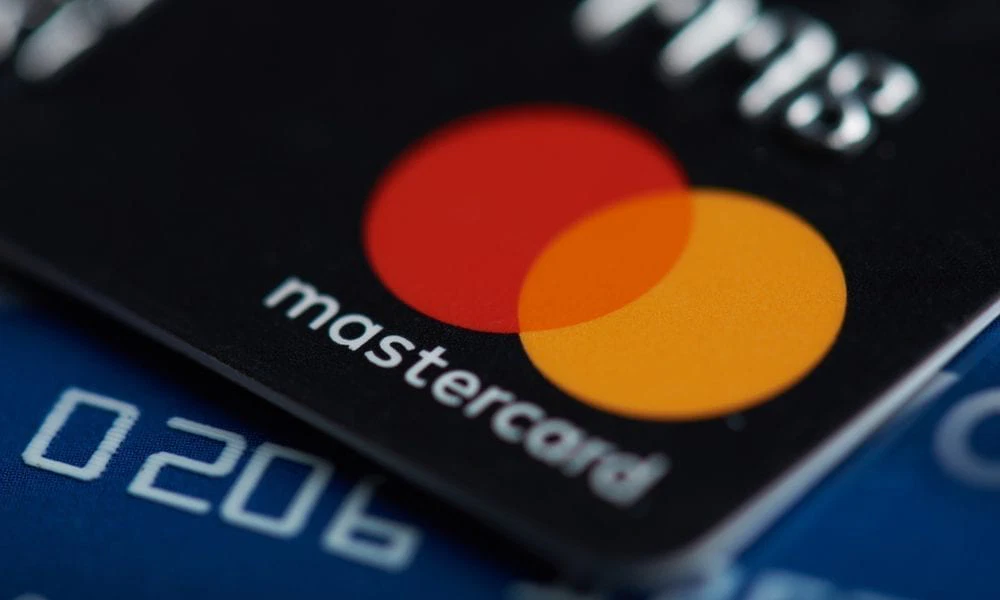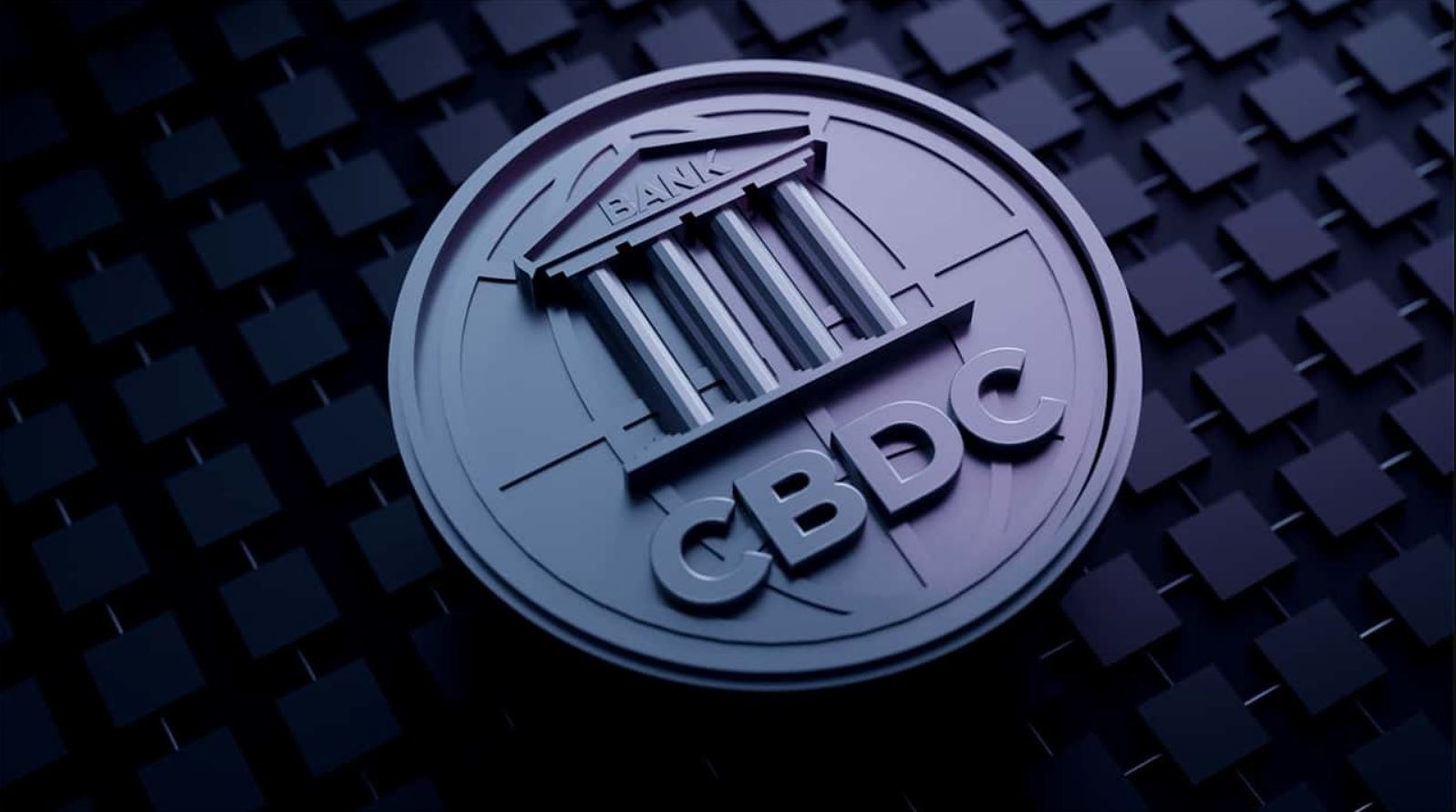|
Getting your Trinity Audio player ready...
|
Mastercard, in collaboration with the Reserve Bank of Australia (RBA) and the Digital Finance Cooperative Research Centre (DFCRC), has achieved a significant milestone by successfully concluding a central bank digital currency (CBDC) trial. This groundbreaking project was designed to explore Mastercard’s capabilities in facilitating CBDC transactions on the public Ethereum blockchain.
The trial conducted by Mastercard focused on developing a solution that allowed users to tokenize a pilot CBDC issued by the RBA onto the Ethereum blockchain. This innovative approach empowered users to make CBDC payments to merchants who accepted Ethereum, even when they lacked a direct relationship with the RBA. In essence, it showcased the potential of decentralized CBDC transactions.
Additionally, the trial unveiled Mastercard’s technology’s potential to enable interoperable CBDC payments across different blockchain platforms. For instance, Mastercard demonstrated how its solution could facilitate CBDC payments to merchants who exclusively accepted Bitcoin, even if the CBDC was tokenized on the Ethereum network.
The successful completion of Mastercard’s CBDC trial is a pivotal moment, underscoring the practicality of utilizing public blockchains for CBDC transactions and highlighting Mastercard’s dedication to collaborating with central banks in exploring CBDC possibilities.
Implications for CBDC Adoption
Mastercard’s CBDC trial carries several key implications for the future of CBDC adoption.
First and foremost, it demonstrates that central banks can harness the potential of public blockchains to establish more efficient, inclusive, and innovative payment systems. Public blockchains offer distinct advantages over traditional payment systems, including lower transaction fees, faster settlement times, and enhanced transparency.
Secondly, the trial signifies that the private sector is committed to investing in CBDC technology and helping bring it to fruition. Mastercard’s active involvement in the trial signals its belief in the potential of CBDCs and its determination to support central banks in their CBDC endeavors.
Furthermore, the trial emphasizes the flexibility central banks have when selecting a blockchain platform for their CBDC. Mastercard‘s solution is compatible with any blockchain that supports the Ethereum Virtual Machine (EVM), granting central banks the autonomy to choose the blockchain platform that aligns with their specific requirements.
Also read: Palau Embraces Ripple’s CBDC Platform to Modernize Financial System and Overcome Challenges
Conclusion
Mastercard’s successful CBDC trial represents a significant leap forward and has the potential to expedite CBDC adoption. It not only demonstrates the feasibility of conducting CBDC transactions on public blockchains but also underscores the private sector’s dedication to advancing CBDC technology. Moreover, it highlights the flexibility central banks enjoy when choosing the right blockchain platform for their CBDC initiatives.
As the landscape of CBDC technology continues to evolve, it becomes increasingly crucial to stay informed about the latest developments and comprehend the profound implications of CBDCs for the future of currency and payments.
I’m your translator between the financial Old World and the new frontier of crypto. After a career demystifying economics and markets, I enjoy elucidating crypto – from investment risks to earth-shaking potential. Let’s explore!




